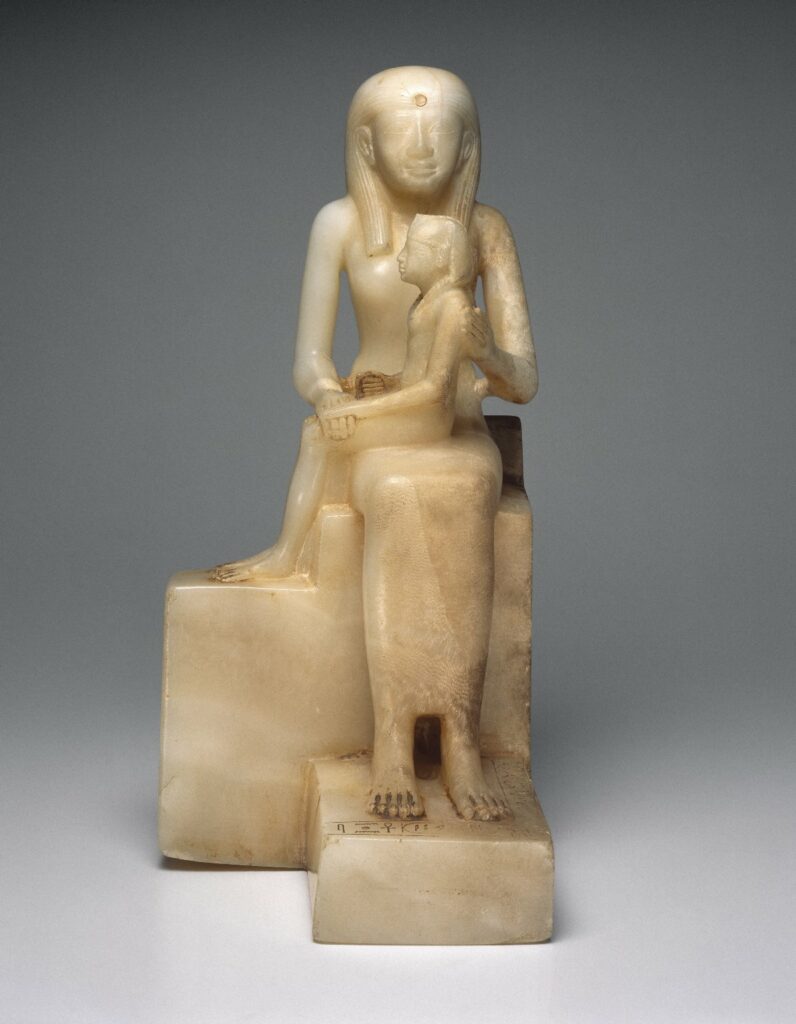Events are ‘in the lap of the gods’. There are stirrings ‘in the womb of the earth’. English speakers have no problem in recognising these idioms as literary constructs or poetic images. The fact that the same German word, Schoß, is used for both ‘lap’ and ‘womb’ does not mean that readers of German poetry have any difficulty distinguishing between the concepts, between gynaecology and laptops!
☙
Descendant of:
THE HUMAN BODYTexts with this theme:
- Hagars Klage, D 5 (Clemens August Schücking)
- Der Jüngling am Bache, D 30, D 192, D 638 (Friedrich von Schiller)
- Der Taucher, D 77, D 111 (Friedrich von Schiller)
- Ballade (Ein Fräulein schaut vom hohen Turm), D 134 (Joseph Kenner)
- Der Sänger, D 149 (Johann Wolfgang von Goethe)
- Das Bild, D 155 (Anton Simon)
- Der Traum, D 213 (Ludwig Christoph Heinrich Hölty)
- Der Abend (Der Abend blüht), D 221 (Ludwig Theobul Kosegarten)
- Lieb Minna, D 222 (Albert Stadler)
- Idens Nachtgesang, D 227 (Ludwig Theobul Kosegarten)
- Geist der Liebe, D 233 (Ludwig Theobul Kosegarten)
- Das Geheimnis (Sie konnte mir kein Wörtchen sagen), D 250, D 793 (Friedrich von Schiller)
- Mein Gruß an den Mai, D 305 (Johann Gottfried Kumpf)
- An Rosa I, D 315 (Ludwig Theobul Kosegarten)
- Idens Schwanenlied, D 317 (Ludwig Theobul Kosegarten)
- Schwangesang, D 318 (Ludwig Theobul Kosegarten)
- Klage der Ceres, D 323 (Friedrich von Schiller)
- Die drei Sänger, D 329 (Johann Friedrich Ludwig Bobrik)
- Das Grab, D329A, D 330, D 377, D 569, D 643A (Johann Gaudenz von Salis-Seewis)
- Pflügerlied, D 392 (Johann Gaudenz von Salis-Seewis)
- Lebens-Melodien, D 395 (August Wilhelm Schlegel)
- Daphne am Bach, D 411 (Friedrich Leopold Graf zu Stolberg-Stolberg)
- Lied in der Abwesenheit, D 416 (Friedrich Leopold Graf zu Stolberg-Stolberg)
- Der gute Hirt, D 449 (Johann Peter Uz)
- Lied (Ferne von der großen Stadt), D 483 (Caroline Pichler)
- Wiegenlied (Schlafe, schlafe, holder, süßer Knabe), D 498 (Anonymous / Unknown writer)
- Ganymed, D 544 (Johann Wolfgang von Goethe)
- Erlafsee, D 586 (Johann Baptist Mayrhofer)
- Hymne III (Geistliches Lied), D 661 (Friedrich Leopold von Hardenberg (Novalis))
- Nachthymne, D 687 (Friedrich Leopold von Hardenberg (Novalis))
- Lob der Tränen, D 711 (August Wilhelm Schlegel)
- Die Mutter Erde, D 788 (Friedrich Leopold Graf zu Stolberg-Stolberg)
- Gondelfahrer, D 808, D 809 (Johann Baptist Mayrhofer)
- Die Nacht, D 983C (Friedrich Adolph Krummacher)


